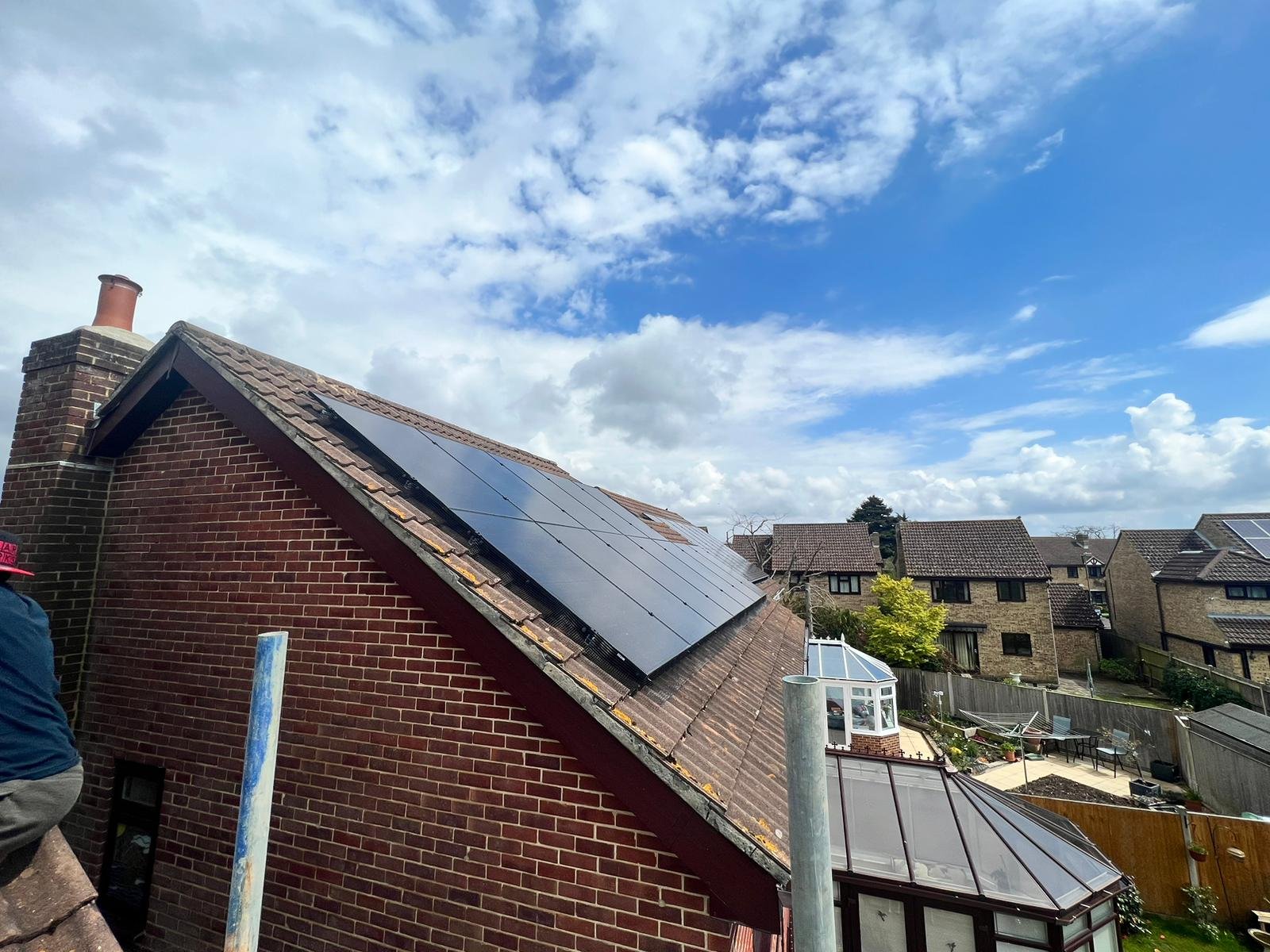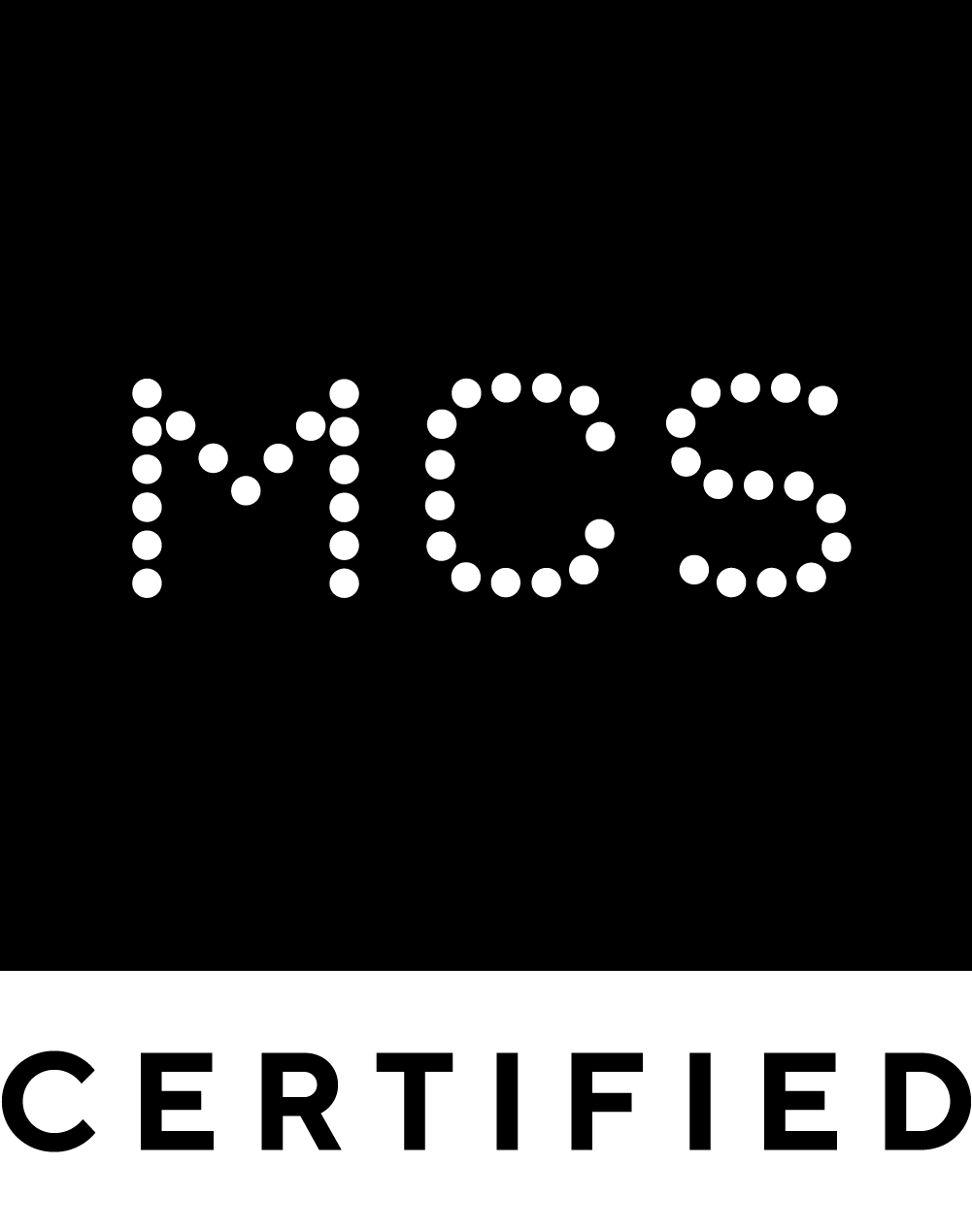Solar Panel Payback Calculator
Using a Solar Panel Calculator
A solar panel calculator simplifies the process of estimating system size, cost, and potential savings based on electricity usage, roof space, and budget constraints.
It provides insights into the number of panels required, inverter size, payback period, and annual energy generation. The tool helps in calculating potential energy savings by comparing pre- and post-installation energy costs.
The tool also helps evaluate financing options and compare different system configurations for optimal savings.
The Calculator:
How much to install a solar panel system? Get a system cost now.
Put in the amount of electricity you use. Add in your electricity price, and whether or not you would like solar batteries.
Then you can download an instant quote.
Your Energy Needs
To choose the right solar panel size you need to know your daily energy usage. Here’s how to do it:
Check your bills to see your energy usage patterns.
How many people live in your household and what appliances do you use daily.
Use a solar energy calculator to calculate your needs and solar panel output.
The average UK household uses 2,700 kWh of electricity per year. But yours may be different.
Understanding Solar Panel Systems
What is a Solar Panel System?
- A solar panel system consists of photovoltaic (PV) panels, inverters, mounting hardware, and optional battery storage, designed to convert sunlight into electricity.
- These systems can be grid-tied, off-grid, or hybrid, depending on energy requirements and preferences.
- Customization options allow solar systems to fit various roof sizes, energy consumption patterns, and budgets.
- Applications range from residential to commercial and industrial use, offering flexibility for diverse needs.
- Integrating battery storage enhances energy independence by storing excess solar-generated electricity for later use.
Calculating Solar Panel Costs and Savings
How Much Does a Solar Panel System Cost?
- Costs vary significantly based on system size, equipment type, and installation complexities. Typical prices range from £10,000 to £25,000 for residential systems.
- Financing options include loans, leases, or Power Purchase Agreements (PPAs), reducing upfront costs.
- Solar PV systems can reduce energy bills by up to 50%, offering substantial savings over time.
- Many homeowners achieve a return on investment (ROI) within 5–10 years while increasing property value.
Factors Affecting Solar Panel ROI
Local Factors Influencing ROI
- Local electricity rates and the availability of incentives like the Smart Export Guarantee (SEG) significantly impact ROI.
- Net metering policies allow users to sell excess energy back to the grid at competitive rates.
- Installation costs may vary due to local building codes, permitting requirements, and labor rates.
System Performance and Degradation
- Over time, panel degradation can reduce energy output by approximately 0.5–1% per year.
- Maintenance costs for cleaning panels and replacing inverters can affect overall ROI but ensure optimal performance.
- Monitoring systems help track performance and identify upgrades or retrofits to maintain efficiency.
Maximising Your Solar Panel Savings
Optimizing Your System Installation
Proper positioning of solar panels maximises sun exposure and energy generation throughout the year. New solar installations require contacting local authorities for inspection and permitting processes, ensuring compliance with regulatory requirements and eligibility for financial incentives like Solar Export Guarantee payments.
Battery storage integration allows for off-peak usage and backup power during grid outages.
Smart meters enable users to monitor electricity usage patterns and optimise savings by adjusting consumption during peak/off-peak times.
Energy Efficiency Strategies
- Reducing electricity usage through energy-efficient appliances complements solar installations.
- Selling excess solar-generated electricity back to the grid via SEG ensures additional income streams.
Conclusion: Is Solar Worth It?
Investing in a solar system offers numerous benefits:
Significant reductions in electricity bills with potential savings of up to 50% annually.
A typical payback period of 5–10 years ensures long-term financial gains.
Increased property value and independence from rising energy costs.
Customizable systems tailored to individual needs ensure maximum efficiency.
Integration with battery storage provides resilience during winter months or outages.
With tools like a solar panel calculator, homeowners can make informed decisions about their initial investment, estimated costs, potential savings, and long-term benefits. By leveraging solar power effectively, you can generate clean energy while achieving financial sustainability.
Solar Panel Installation and FAQ’s
Get Started with Solar Panels
Dive into the world of solar panel installation. Insights into flat roof setups, possible energy savings, how it works, panel options, and more.
Solar Panel Installation and Types
Discover how to participate in the SEG scheme. Navigate planning permissions in the UK while exploring DNO approval and more.






